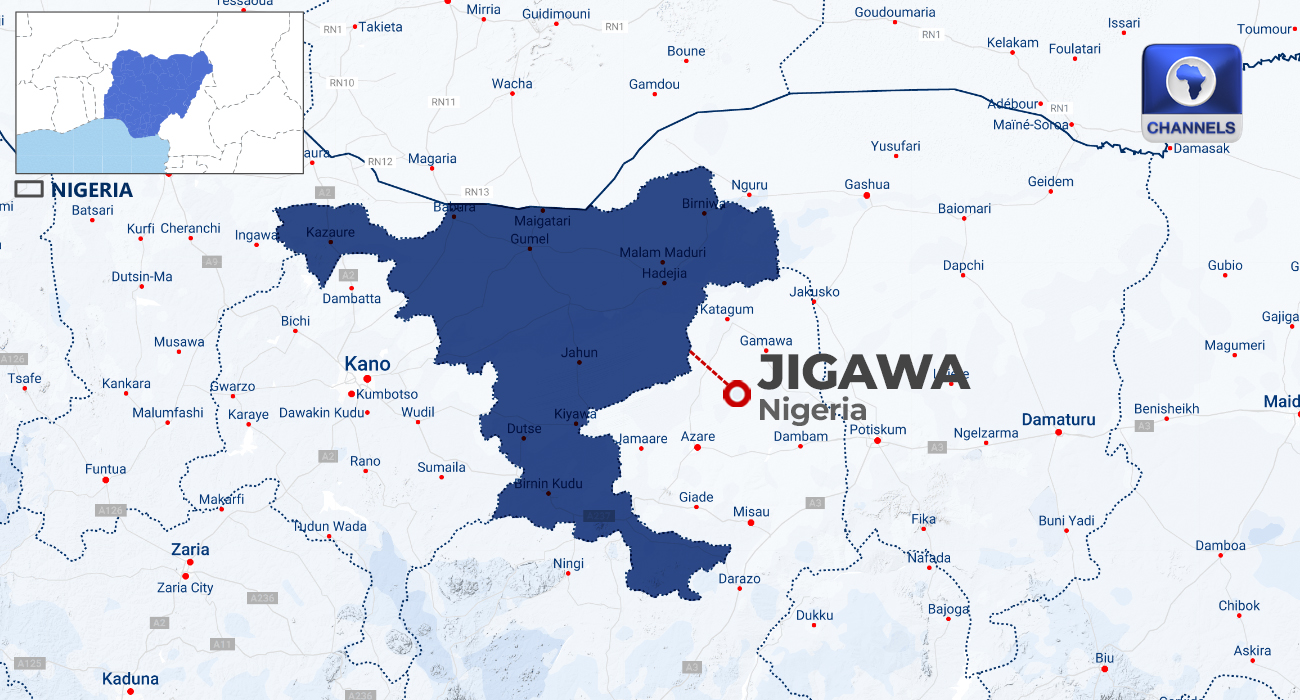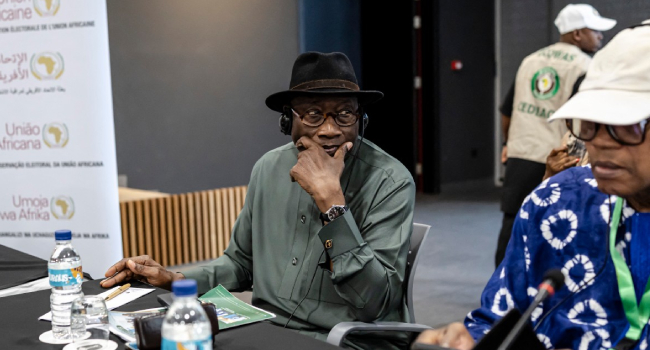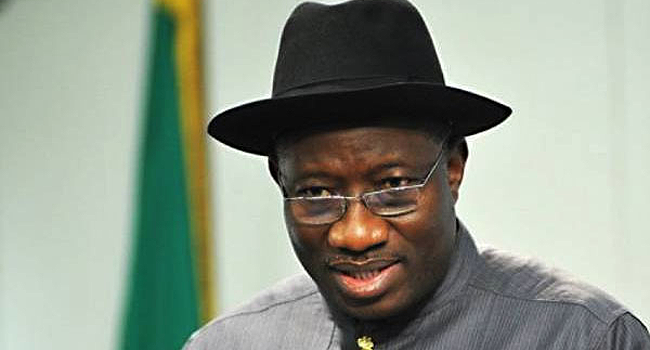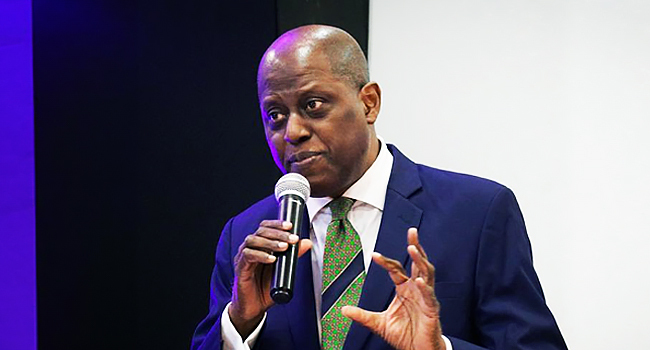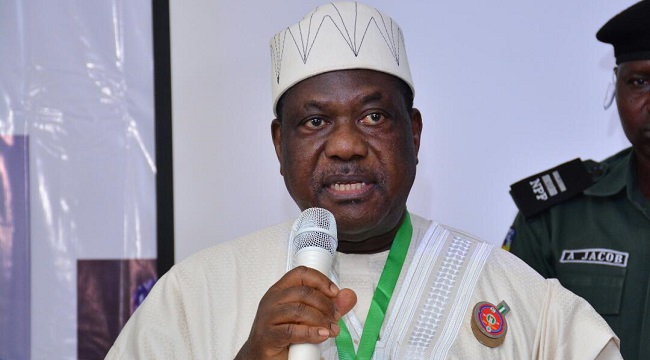
1. 1.5 million children in the state are the target of a significant polio vaccination exercise, according to the Jigawa State government.
During a press conference organized by UNICEF prior to the campaign, the announcement was made.
The State Primary Healthcare Board’s Executive Secretary, Dr. Shehu Sambo, who was represented at the event, Zakariya Shehu, the agency’s Monitoring and Evaluation Officer,  .
He claims that the state’s 27 local government areas will be covered by the vaccination exercise, which will run from November 29 to December 2, 2025.
According to him, “The state has received the vaccines from the National Primary Healthcare Development Agency in full, and all necessary arrangements have been made to distribute them in accordance with population demands.”
According to Dr. Sambo, the state has already mobilized the workforce to ensure smooth operation. As is our customary practice, he said, “We have recruited ad-hoc staff and formed them into teams under the supervision and coordination of state and local government officials.”
He added that the state has established quick response teams to deal with any emergencies that might arise during the exercise in addition to the house-to-house vaccination teams targeting children aged 0 to 5.
He claimed that “all the necessary mechanisms have been in place for monitoring and tracking coverage.”
READ MORE: Former Bangladesh PM Zia Is In “Very Critical” Zustand
The campaign’s main focus is also on fostering community engagement. For the exercise, we have engaged civil society leaders, volunteers, and community leaders. The media are also being reminded of their role in raising awareness of the importance of the exercise’s success and in generating demand, according to Dr. Sambo.
Ahama Farah, the head of the UNICEF Field Office in Kano, made a comment that was critical of the initiative’s national significance. In the first and second phases of Nigeria’s 2025 polio vaccination campaign, he claimed, more than 42 million children are anticipated to be reached.
He assured that UNICEF would continue to support and collaborate with the government to ensure that no child would be a part of the exercise because “Jigawa is one of the states in the first batch.”
